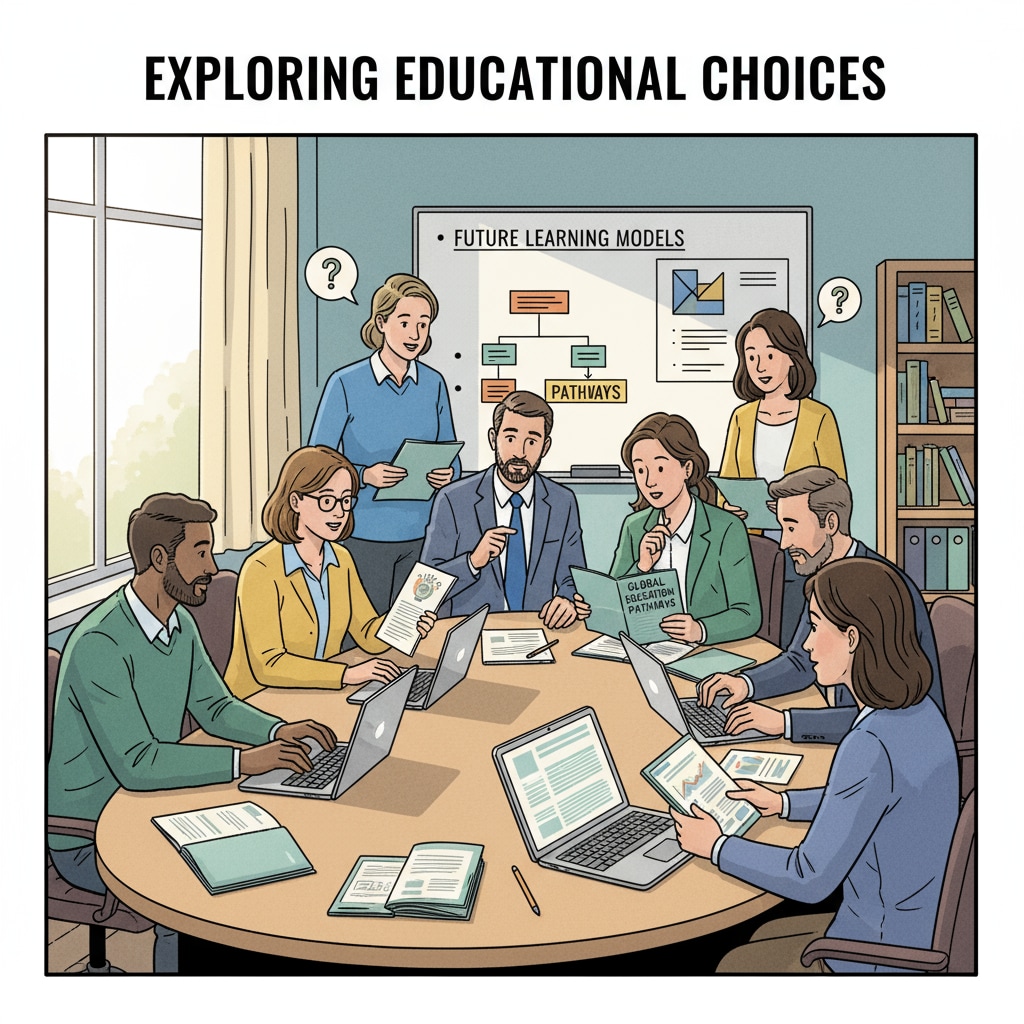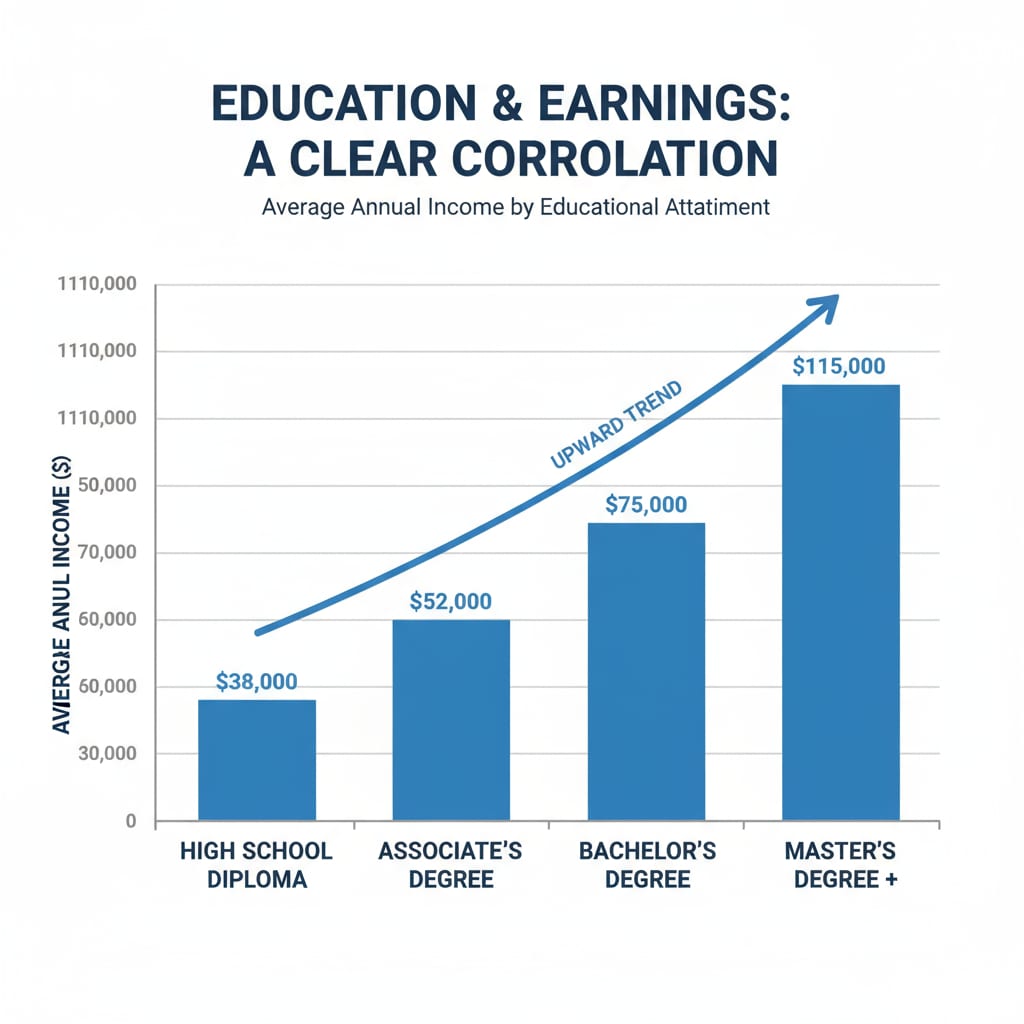For working professionals, the decisions regarding career development, education choices, and furthering their academic qualifications can be both crucial and challenging. These three aspects are intertwined, influencing one another in significant ways. In today’s competitive job market, understanding how to navigate these choices is essential for long-term success.

The Impact of Educational Background on Career Advancement
Education often serves as a stepping stone to career progression. A higher level of education can open doors to more advanced job positions and increased earning potential. According to data from the Bureau of Labor Statistics, individuals with higher degrees generally earn more than those with only a high school diploma. For example, professionals with a master’s degree or higher typically have access to leadership roles and specialized positions that require in-depth knowledge and skills.

Dilemmas Faced in Pursuing Higher Education
However, working professionals face numerous obstacles when considering further education. Time constraints are a major hurdle. Balancing work commitments, family responsibilities, and study can be extremely challenging. In addition, the financial burden of pursuing higher education, including tuition fees and the opportunity cost of taking time off work, is a significant concern. Moreover, deciding which educational path to choose, such as a full-time degree, part-time program, or online course, adds another layer of complexity to the decision-making process.
Diversified Education Investment Strategies
To overcome these challenges, professionals can consider diversified education investment strategies. One option is to pursue part-time or online courses, which offer flexibility and allow individuals to continue working while studying. Another strategy is to seek employer support, such as tuition reimbursement or sponsorship programs. This not only reduces the financial burden but also demonstrates the employer’s commitment to the employee’s professional development. Additionally, professionals can explore certifications and short-term training programs that enhance specific skills relevant to their current or desired career paths.
In conclusion, working professionals must carefully weigh their career development goals, education choices, and the decision to pursue higher education. By understanding the impact of educational background on career advancement, recognizing the challenges involved, and implementing diversified education investment strategies, they can find the right balance between academic qualifications and practical skills. This will ultimately lead to a more fulfilling and successful career journey. Learn more about balancing work and education on Indeed
Readability guidance: Keep paragraphs short and use lists to summarize key points. Provide a list under each H2 whenever possible. Control the proportion of passive voice and long sentences. Incorporate transitional words (such as however, therefore, in addition, for example, as a result) throughout the text.


